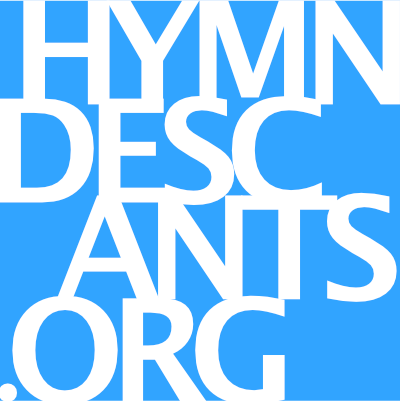Descant to the hymn tune HANOVER. Free score with harmonized descant. Free score.
1 hymnal (attr. Wm. Croft)
O worship the King all-glorious above,
O gratefully sing his power and his love:
our shield and defender, the Ancient of Days,
pavilioned in splendor and girded with praise.
2. descant
O measureless Might, unchangeable Love,
whom angels delight to worship above!
Your ransomed creation, with glory ablaze,
in true adoration shall sing to your praise!
William Croft, the composer of the tune HANOVER, was an eminent composer (one might say, 'court composer') of his era, which overlapped those of Bach and Handel. Among his other works are the hymn tune ST ANNE (O God our help in ages past), Musica Sacra, a collection of sacred works published in score form, and numerous instrumental works. Several of his pieces are used today in English state ceremonies.
The hymn O worship the king, based on Psalm 104, was written by Robert Grant (1779-1838) and published posthumously a year after his death by his brother, in a collection entitled Sacred Poems. By the late Eight Hon. Sir Robert Grant. Grant was both a civic leader, as well as a businessman, having served as MP for Inverness, and later as a Director of the East India Company, then governor of Bombay, where he died. Some hymnals omit the verse, 'O measureless might,' which is in Grant's original text, but it is included here. {jb_icon-book}{/jb_icon-book} Ye servants of God comes from the tireless hand of Charles Wesley, published in 1744. The son of S.S. Wesley, and together with brother to John, the Wesleys were a prolific publisher of hymnody - but it may be said that Charles' output was the more prodigious by an order of magnitude. His works, and extensive research about the Wesleys, can be viewed on the Duke University Divinity School website.
Updated Oct 23 2014
Descant text in audio:
O measureless Might, unchangeable Love,
Whom angels delight to worship above!
Your ransomed creation with glory ablaze
in true adoration will sing to Your praise
– Robert Grant, 1839

